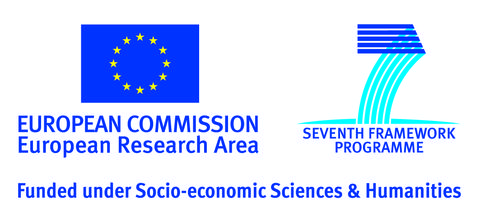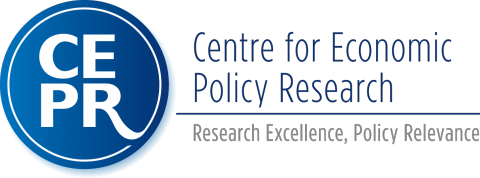Industrial pollution and health in developing countries
Rapid economic growth in Latin America has boosted the emergence of industrial plants and complexes throughout the continent. In the aims of controlling the potentially negative effects of rapid industrialization on the sustainability of natural resources, governments have been implementing different types regulatory regimens which can have potentially unintended consequences on the population’s welfare.
In this project we intend to investigate the effects of new regulation introduced in the fishing industry in Peru on health and labor outcomes. Peruvian fishmeal industry has been rapidly expanding due to the increase in foreign demand for high quality fishmeal and fish oil. In 2008, the government implemented a new regulatory regime, switching from an industrywide fishing quota to a vessel specific quota. The switch generated changes in the fishing patterns, going from very intensive extraction and processing to an extraction that is more spread through time. This industry generates large amounts of air pollution, which has been linked to respiratory diseases, especially among children and pregnant mothers. The change in the spread of pollution through time provides a unique opportunity to investigate the unintended consequences of industrial policy on health outcomes.
- Log in to post comments


